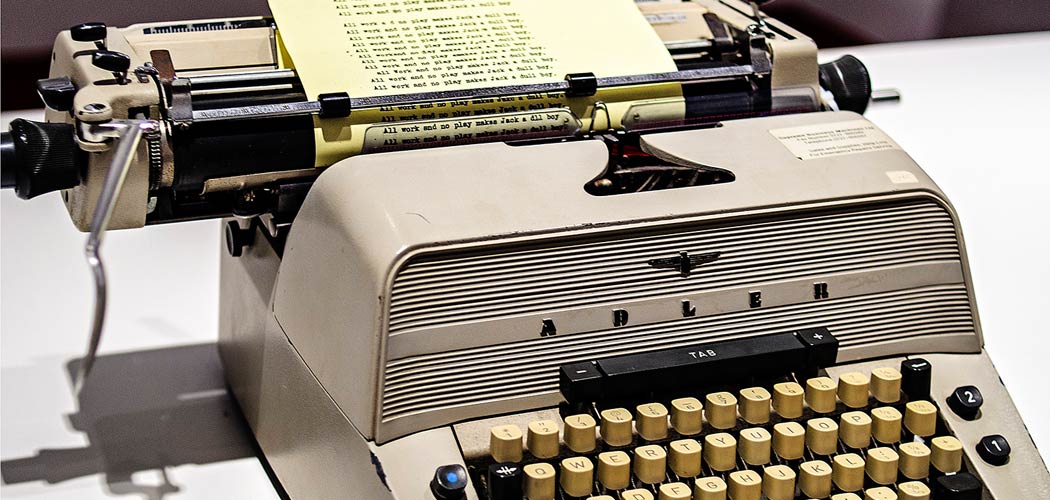A decade ago, when I was trying to take my writing skills to the next level, I read several books on the craft. In addition to reading classics such as On Writing Well, which is one of the best books on writing non-fiction I’ve ever read (to which I’ll return in a future post — watch this space), I also turned to several books on writing fiction.
Was I trying to write my first great novel? In my dreams, perhaps. But at the time, I wanted to understand what some of the masters of writing had to say about the craft, regardless of whether they were writing about fact or fiction.
What I discovered, through my long searches in book stores and on Amazon, was that there were far more interesting and well-written books on writing fiction than there were on non-fiction. And among the several titles I spotted, one that pulled me in and wouldn’t let go was Stephen King’s On Writing: A Memoir of the Craft. Expecting to read tactical instructions on how to evoke feelings of terror, or how to graphically depict scenes of violence and gore, I found nothing of the sort. Instead, I read a heartfelt story of a man who surmounted tremendous personal and professional challenges to break through as a writer (and a massively successful one at that).
And that was only the first third of the book — which in itself, would have justified the price and time spent. In the next two-thirds of the book, King opened his door and took me on a private tour of his writing workshop. It was as though he were speaking to me, only me. As if I were the first person to whom he was divulging the wisdom and secrets he had labored so long and hard to acquire. Here, in this paperback volume in my hands, was the writing coach I never had. And a humorous one, to boot.
Here are a few nuggets of advice he has to offer:
On word choice
One of the really bad things you can do to your writing is to dress up the vocabulary, looking for long words because you’re maybe a little bit ashamed of your short ones.
Remember that the basic rule of vocabulary is use the first word that comes to your mind, if it is appropriate and colorful.
The word is only a representation of the meaning; even at its best, writing almost always falls short of full meaning. Given that, why in God’s name would you want to make things worse by choosing a word which is only cousin to the one you really wanted to use?
On grammar
Must you write complete sentences each time, every time? Perish the thought. If your work consists only of fragments and floating clauses, the Grammar Police aren’t going to come and take you away.
Take any noun, put it with any verb, and you have a sentence. It never fails. Rocks explode. Jane transmits. Mountains float. These are all perfect sentences. Many such thoughts make little rational sense, but even the stranger ones (Plums deify!) have a kind of poetic weight that’s nice. The simplicity of noun-verb construction is useful — at the very least it can provide a safety net for your writing.
Grammar is not just a pain in the ass; it’s the pole you grab to get your thoughts up on their feet and walking. Besides, all those simple sentences worked for Hemingway, didn’t they?
On reading
If you want to be a writer, you must do two things above all others: read a lot and write a lot. There’s no way around these two things that I’m aware of, no shortcut.
Reading is the creative center of a writer’s life. I take a book with me everywhere I go, and find there are all sorts of opportunities to dip in. The trick is to teach yourself to read in small sips as well as in long swallows. Waiting rooms were made for books — of course! But so are theater lobbies before the show, long and boring checkout lines, and everyone’s favorite, the john. You can even read while you’re driving, thanks to the audiobook revolution.
The real importance of reading is that it creates an ease and intimacy with the process of writing; one comes to the country of the writer with one’s papers and identification pretty much in order. Constant reading will pull you into a place (a mind-set, if you like the phrase) where you can write eagerly and without self-consciousness. It also offers you a constantly growing knowledge of what has been done and what hasn’t, what is trite and what is fresh, what works and what just lies there dying (or dead) on the page. The more you read, the less apt you are to make a fool of yourself with your pen or word processor.
On writing
By the time you step into your new writing space and close the door, you should have settled on a daily writing goal. As with physical exercise, it would be best to set this goal low at first, to avoid discouragement. I suggest a thousand words a day.
With that goal set, resolve to yourself that the door stays closed until that goal is met. Get busy putting those thousand words on paper… In an early interview (this was to promote Carrie, I think), a radio talk-show host asked me how I wrote. My reply — “One word at a time” — seemingly left him without a reply. I think he was trying to decide whether or not I was joking. I wasn’t.
In the end, it’s always that simple. Whether it’s a vignette of a single page or an epic trilogy like The Lord of the Rings, the work is always accomplished one word at a time.
On what to write about
Now comes the big question: What are you going to write about? And the equally big answer: Anything you damn well want. Anything at all…as long as you tell the truth.
Write what you like, then imbue it with life and make it unique by blending in your own personal knowledge of life, friendship, relationships, sex, and work. Especially work. People love to read about work. God knows why, but they do. If you’re a plumber who enjoys science fiction, you might well consider a novel about a plumber aboard a starship or on an alien planet. Sound ludicrous? The late Clifford D. Simak wrote a novel called Cosmic Engineerswhich is close to just that. And it’s a terrific read.
John Grisham, of course, knows lawyers. What you know makes you unique in some other way. Be brave. Map the enemy’s positions, come back, tell us all you know. And remember that plumbers in space is not such a bad setup for a story.
And so on. King, of course, goes into great detail on the elements of fiction such as plot, character development, description, dialogue, and more.
Did I skip over those parts just because I was looking for lessons that would apply to writing non-fiction? Of course not. I gleaned much from his nitty-gritty descriptions of the “secret” tools in his fiction toolbox that I’ve applied to my non-fiction writing work: white papers, opeds, longform articles, business proposals, press releases, sales letters, web copy, blog posts, and, heck, even tweets.
Above all, reading the book gave me the confidence that I could improve my writing. It charged me up, and sent me back out into the world — or at least back to my laptop — with the feeling that I could say more, say it better, and have more impact with my writing.
What’s your favorite book on writing?
Image credit: Typewriter used as a prop in the Stanley Kubrick movie, The Shining, based on Stephen King’s book. Courtesy of Seth Anderson / Flickr


Great summary of this interesting read Glenn!